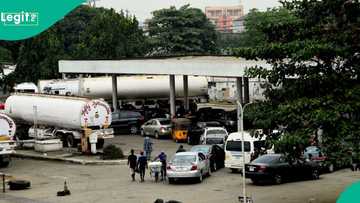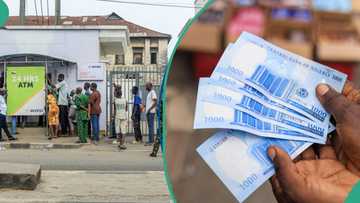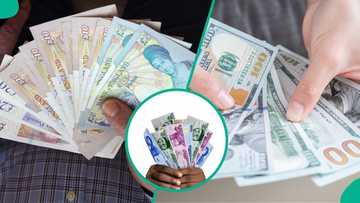Borno, Niger, 8 Others Are Nigeria’s Most Expensive States To Live, NBS Report Shows
- The National Bureau of Statistics has released new data showing that states that experienced the highest inflation rates for May 2025
- The data showed that more than 10 states in the country are facing an inflation rate above 25.9% year on year, and four above 30%
- This implies that while inflation may have eased overall, some states are still battling high inflation, and the CBN will need to step in with a solution
Legit.ng journalist Ruth Okwumbu-Imafidon has over a decade of experience in business reporting across digital and mainstream media.
The Nigerian Bureau of Statistics (NBS) has shown that in May 2025, the headline inflation rate eased to 22.97%.
This is the second consecutive month of decline, from 24.23% in March 2025, to 23.71% in April 2025, and now to 22.97% in May.
This represents a massive 10.98% drop from the 33.95% reported in May 2024, but the story is not the same across all states.

Read also
CBN releases new exchange rate for Access, Zenith, UBA, other authorised dealers as naira crashes
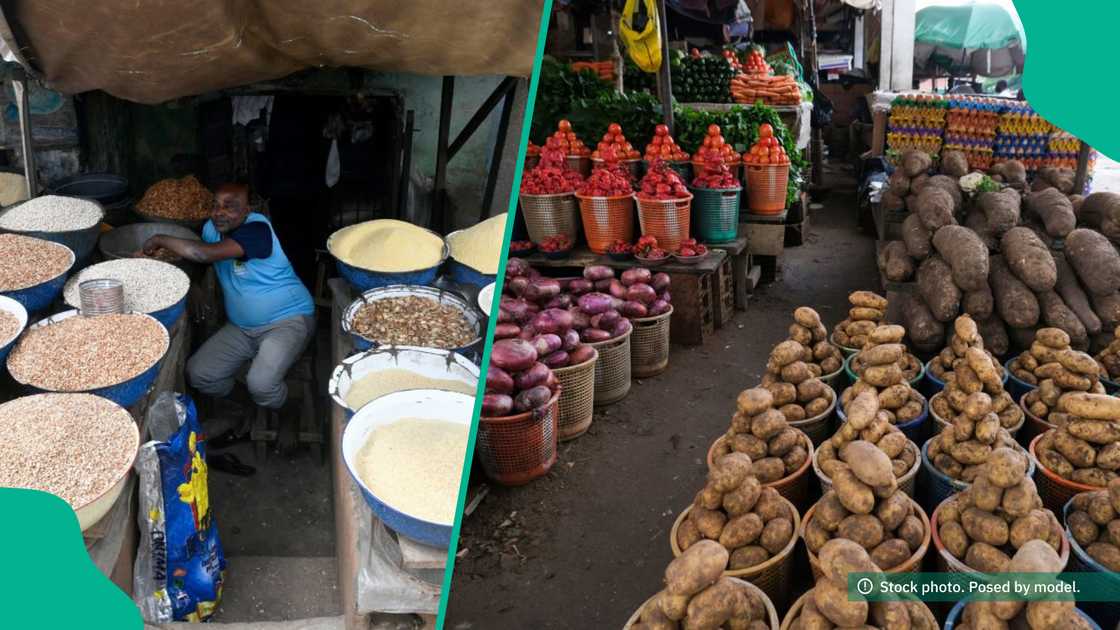
Source: Getty Images
According to the NBS report, Food inflation remains the key driver of household spending and was put at 21.14% Year-on-year, down from 40.66% in May 2024.
Compared to the previous month, food inflation rose to 2.19%, up from 2.06%, triggered by increases in the price of staples like yam, sweet potatoes, cassava, and other food items like fresh pepper and ogbono.
Here are some of the worst-hit states in terms of the general cost of living.
1. Borno State (38.9%)
First on the list is Borno State, which currently stands as the most expensive state to live in Nigeria as of May 2025. All-items inflation rate stands at 38.9%, the highest across the nation.
Food inflation has surged to 64.4% compared to May 2024, and monthly food inflation rose by 8%, triggered by the displacement of farming communities and other security challenges.
2. Niger state (35%)
Formerly third on the list, Niger state climbed to second position with 35% all-items inflation, and 30.3% food inflation year-on-year.
This was likely driven by transport and supply chain issues, especially as insecurity continues to disrupt food movement.
3. Plateau state (32.3%)
NBS reported 32.3% headline inflation and 18.6% food inflation year on year for Plateau state. As this is unarguably one of the states to have witnessed a month-on-month food deflation, the increase in headline inflation must have been triggered by other components like transportation, education, and health.
4. FCT, Abuja (31.1%)
In the fourth place is Abuja with 31.1% headline inflation and 26.7% food inflation year on year. Even though headline inflation declined month-on-month, the FCT is on this list because a sharp spike in food prices triggered a 6.4% growth in food inflation month-on-month.
5. Oyo state (28.9%)
In the South-west region of the country, Oyo state stands as the most expensive state to live in, with headline inflation of 28.9% Year-on-year and food inflation of 19.1% year-on-year.
There was a mild deflation in the state due to improved access to food and transportation, but the cost of living remains high, keeping Oyo on the list.
6. Nasarawa state (27.4%)
Nasarawa State is in 6th position with 27.4% Headline inflation, and 25.3% food inflation year on year. Food prices stayed stable, only increasing by about 0.2% month on month, but the state still grapples with long-term costs like energy and transportation.
7. Taraba state (26.5%)
Headline inflation grew by 4.2% month on month to 26.5%, while Food inflation rose by 5.4% to 38.6% in the same period. Taraba has the highest food inflation in the country, caused by agricultural supply issues.
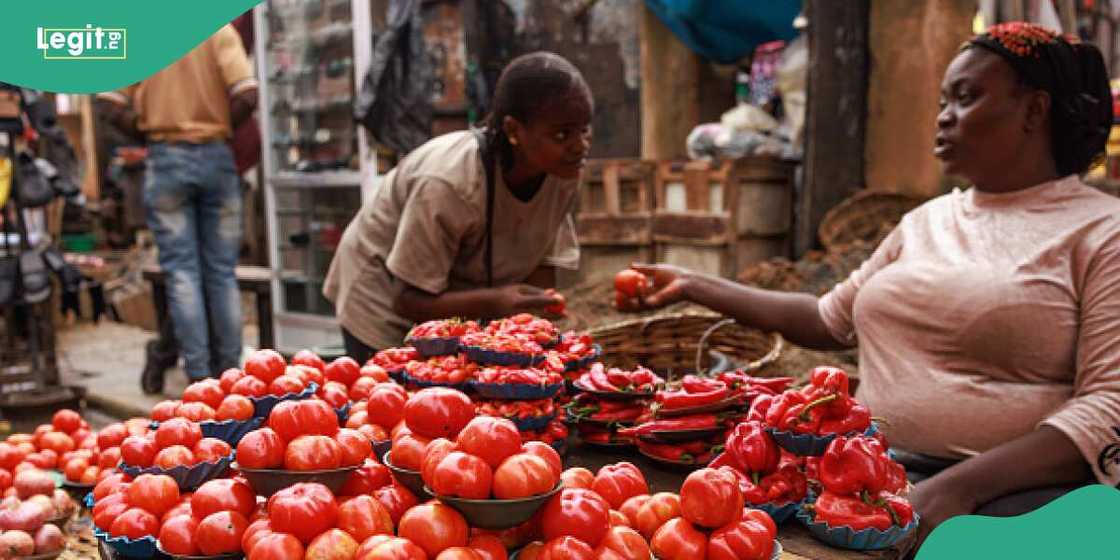
Source: Getty Images
8. Cross River state (26.1%)
Cross River reported the highest monthly growth in food inflation nationwide with an 11.1% spike month on month, and 27.3% year on year. Headline inflation stood at 26.1, triggered by the spike in food prices.
The NBS report posits that supply chain disruptions may be responsible.
9. Edo state (26.0)

Read also
Naira value declines against dollar as inflation spoils Nigerian currency by 1,000,000% in years
While headline inflation declined by 2.9% month on month, the growth in food inflation has kept Edo state in the list of the most expensive states to live in. All-items inflation stands at 26%, despite a 4.3% monthly increase in food inflation and a 19.4% year-on-year growth.
10. Benue state (25%)
Formerly 4th on the list, Benue has improved to become the 10th most expensive state to live in. All-item inflation rate stayed at 25.9% year-on-year and 3.1% month-on-month, while food inflation stood at 22.0% year on year, and rose by 4.1% month on month.
The state has seen major disruptions to its agricultural activities, especially the recent attack that led to the death of 200 people.
Samuel Oyekanmi, Analyst at Norrenberger, opines that food inflation is likely to continue an upward trend in the coming months due to structural issues. He said:
“Heightened insecurity and early onset of flooding in key food-producing regions, particularly the Middle Belt, have already begun to disrupt supply chains.”
Enugu, Kebbi lead Nigeria's most expensive states
Earlier, Legit.ng reported that Enugu, Kebbi and Niger states emerged as the most expensive states to live in Nigeria in April 2025.
Enugu state topped the list with 36% headline inflation, the highest in the country.
Kebbi and Niger states came in second and third positions with 35.1% and 34.8% headline inflations respectively.
Proofreading by James Ojo, copy editor at Legit.ng.
Source: Legit.ng

